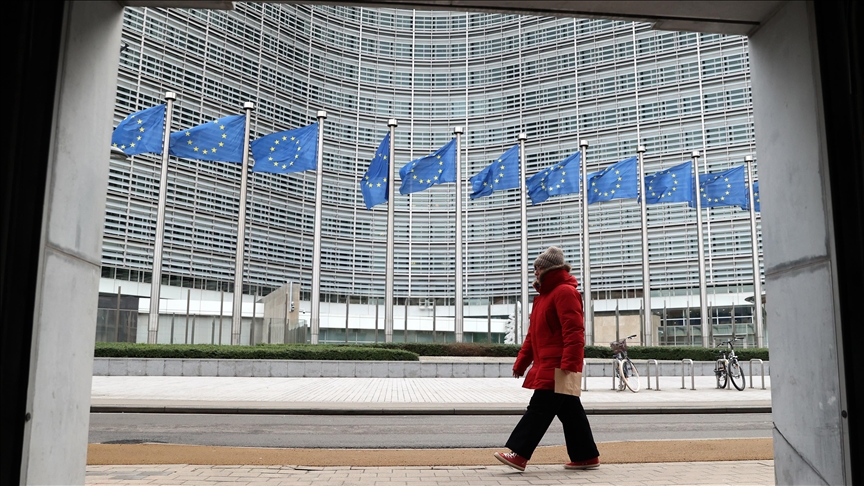
ISTANBUL
The European Commission has proposed to the EU Council concluding and signing a trade pact with the South American bloc Mercosur and a modernized EU-Mexico agreement, aiming to diversify trade relations and strengthen ties with like-minded partners worldwide.
These deals are expected to generate billions of euros in export opportunities for EU companies, boost economic growth and competitiveness, support hundreds of thousands of jobs, and promote EU interests and values amid geopolitical instability, the commission said on Wednesday in a press release.
Both agreements reaffirm commitments to human rights, multilateralism, and international peace, while enhancing cooperation on sustainable development, organized crime, and migration.
Ursula von der Leyen, the commission president, called the pacts important milestones for the EU's economic future, saying they will foster new partnerships, lower tariffs, and create business opportunities to cement the union's position as the world's biggest trading bloc.
The EU-Mercosur deal with Argentina, Brazil, Paraguay, and Uruguay would create the world's largest free trade zone for over 700 million consumers, potentially increasing EU exports by up to 39% or €49 billion ($57 billion) and supporting more than 440,000 jobs by slashing high tariffs on cars, machinery, pharmaceuticals, and agri-food products.
It includes protections for 344 EU geographical indications, limits on sensitive agricultural imports such as beef and poultry, and robust safeguards against import surges, supplemented by a proposed legal act to address farmers' concerns.
The commission plans accompanying initiatives on pesticide and animal welfare standards, reinforced sanitary controls, and a post-2027 Common Agricultural Policy with at least €300 billion for income support plus a €6.3 billion crisis safety net.
The modernized EU-Mexico agreement would eliminate remaining tariffs up to 100% on EU exports like cheese, poultry and wine, expand protections for 568 geographical indications, provide access to critical raw materials like fluorspar and bismuth, and bolster engagement on supply chains, climate change, gender equality and security.








